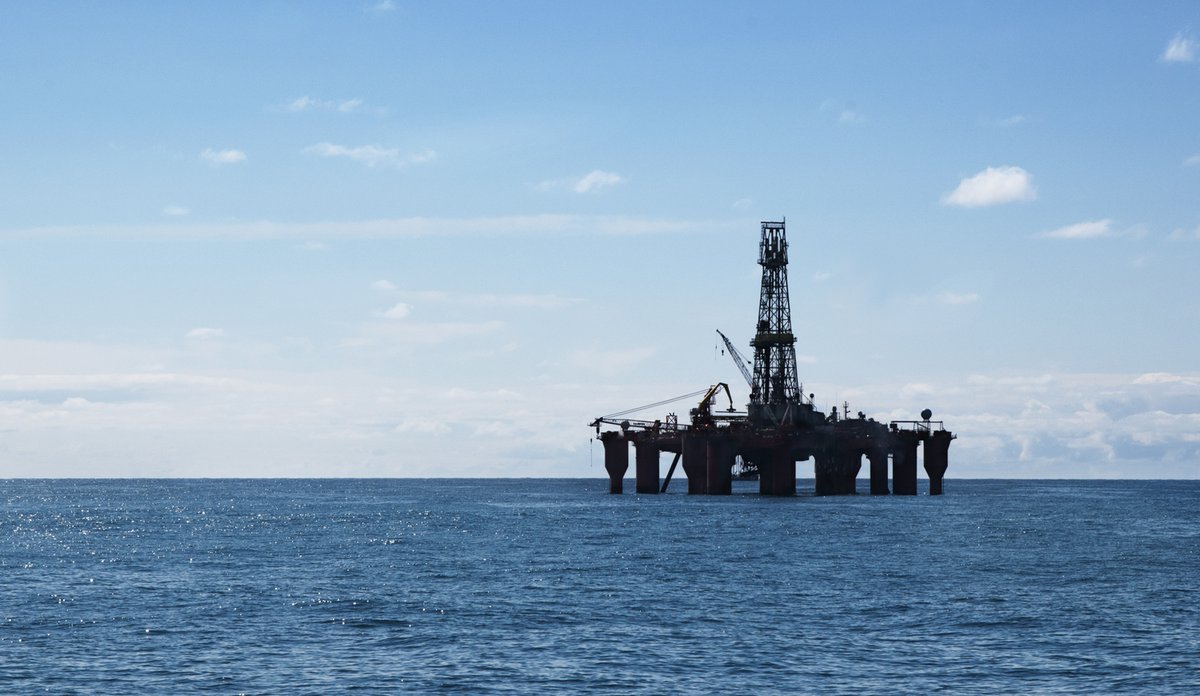The North Sea

Oil rig in the North Sea. Photo: Monika Sæle
Photo: Monika SæleProgramme Description
The North Sea is a marginal sea of the Atlantic Ocean and we share the area with several other countries, such as Great Britain, Denmark, Sweden, Germany, The Netherlands, Belgium and France. The North Sea homes 141 fish species and has been the most productive ecosystem for fish in the North Atlantic. The economical most important species are managed as common species within the ICES collaboration and are subject to annual negotiations between Norway and the European Union and the North Sea Programme is responsible for the delivery of scientific sound advice for those negotiations.
After a collapse in most of the economical important fish stocks, the improvement of the management of the available stocks within the recent decades have reduced the fishing pressure and led to the fact that most of the spawning stocks of the economical important fish species are considered to be at or above limit reference points.
The second main focal area of the North Sea programme is to provide research based advice in connection to potential impact of pollutants on the ecosystem for Norwegian waters in general and for oil exploration activities specifically. That includes advice to the government on the conduction of activities for oil/gas exploration (such as seismic investigations following the development of fields or exploring new fields) as well as the potential risks and impacts of pollutants that may be supplied into the ecosystem.
Impact
IMRs impact within the North Sea area is based on the extensive advice IMR is providing towards the government in terms of the main carrying economical pillars for the Norwegian gross national product, i.e. the fisheries and the oil/gas exploration.
To guarantee this impact, IMR conducts an extensive marine resource monitoring in close collaboration with the other North Sea riparians within the ICES collaboration. The main overview of the impact of oil/gas exploration and pollution in general is obtained by a three-year rolling monitoring programme developed for all of the three main Norwegian ocean areas, i.e. the North Sea, the Norwegian Sea and the Barents Sea.
In addition, IMR contributes extensively to environmental monitoring, fulfilling the needs of the so called North Sea management plan as well as contributing to international activities such as OSPAR.
Core Activities
Data/Monitoring
The IMR maintain an extensive monitoring programme for the North Sea covering all ecosystem components in dedicated surveys as well as in frequently repeated fixed transects. Data and information from those activities are handled by the Norwegian Marine Data Centre (NMDC) which ensures the availability of the data for the users internal at IMR and external for the wider scientific community. Several of those surveys are in close collaboration within the ICES work that ensure the effective use of capacity for the gathering of knowledge on the status and development in the ecosystem.
Research
Ecosystem research forms the basis of the advice to the government and is one of the areas where we have delivered outstanding work. The reestablishment of the highly productive North Sea region after the severe collapse within the sixties/seventies of the past century is based on this research. One of the main strength of the IMR approach towards the ecosystems is the combination of several research disciplines within the Ocean programmes that lead to an overarching understanding. Although there have existed severe challenges after the collapse in fish stocks, the North Sea is still the area where most fish has been extracted within the period 1970–2010 compared to the two other Norwegian areas (Barents- and Norwegian Sea) together.
Advice
The North Sea marine resource and ecosystem advice have led to the reestablishment of an area where the most important fish species are considered to be at or above limit reference points. Hereby is the North Sea area the area in Norway where most interests for the use of the ocean area are existing from the different stakeholders such as fishing, maritime transport, offshore activities, tourism etc. A focal aim is to develop an approach considering the integrated impact of the different factors impacting the North Sea ecosystem.
Future Challenges
The North Sea has been subject for changes within the recent years, decades and that will continue in the upcoming years. This counts for the changes of the physical environment as well as for the increased use of the environment by the different stakeholders. One of the main challenge will be to improve the methodologies for predicting the integrated impact of the different factors/drivers and pressures.
A general trend towards a change in the composition of the fish species, ie. the occurrence of more southerly originated species as well as the changes within the lower trophic levels are expected to lead to a change in the ecosystem structure in the Norths Sea and will cause the need for revised knowledge and research to maintain the sustainable use of the resources in the North Sea ecosystem.
Published: 28.05.2021 Updated: 10.02.2022

